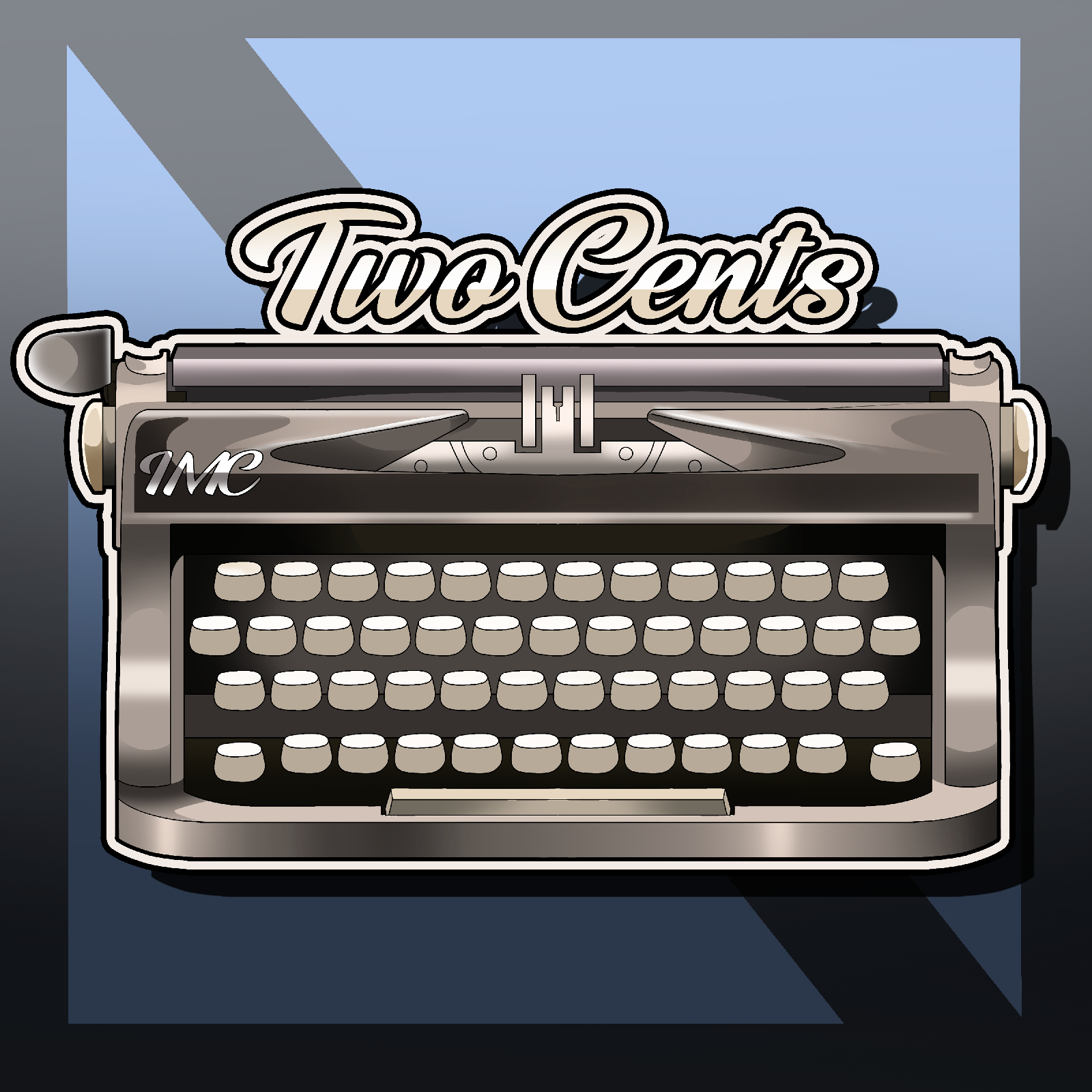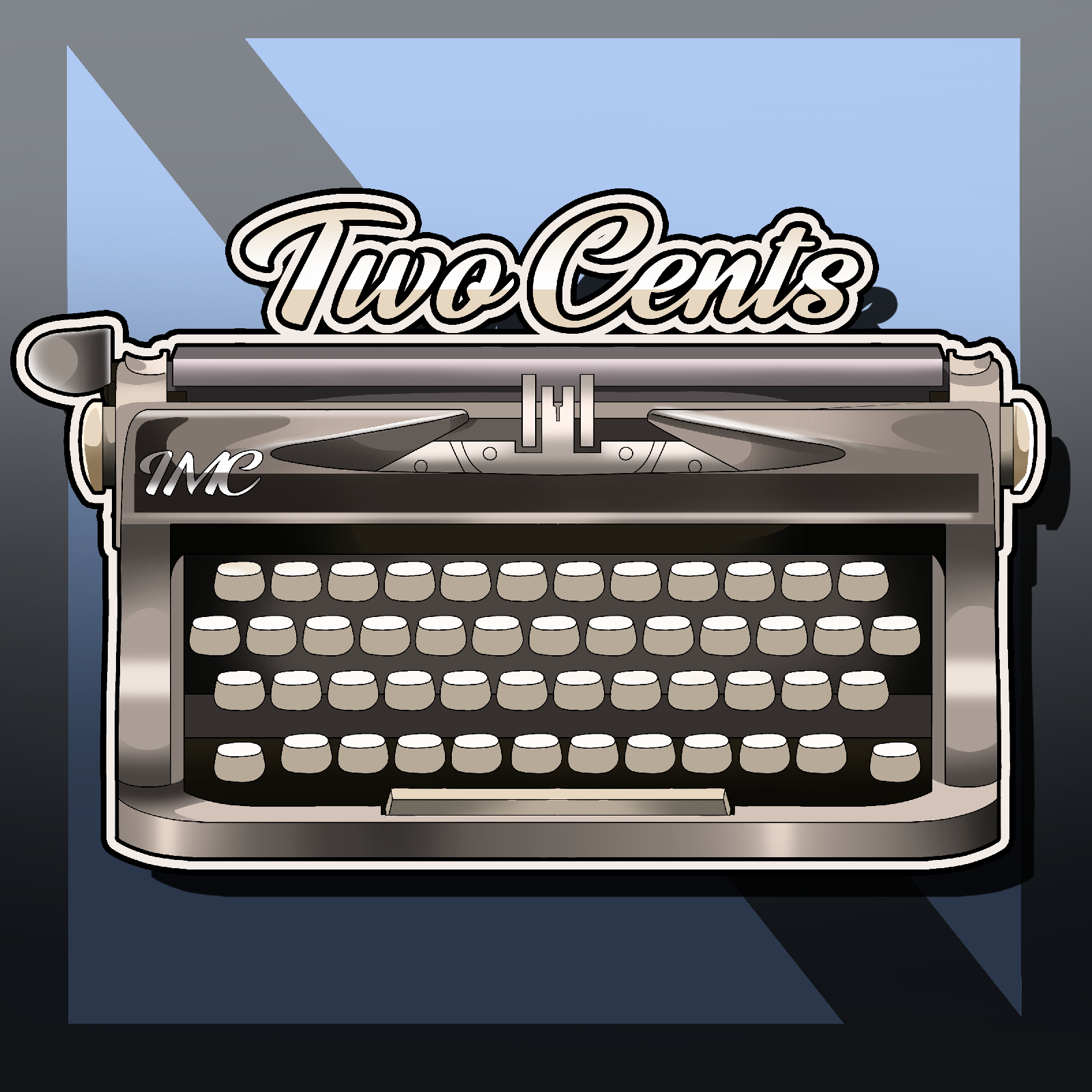Starting From Scratch: Redrafting From Memory As A Revision Method
Hello Funny People,
If you're at all familiar with this blog, then you'll likely be familiar with one of my writing maxims. "Everybody does it differently, so find and do what works for you." The only way, as far as I know, you can do this though is through the (at times) challenging process of experimentation.
Recently, I decided to do some experimenting while revising a piece of short fiction, and I thought explaining the process might be helpful to some of you.
My Go-To Method
For context, my usual method for writing—in this case, for short fiction—is simple.
1) Produce a first draft as quickly as is feasible, usually finishing it in a week.
I view first drafts as a necessary evil in the writing process. Some writers have their greatest fun producing a first draft and find revision and editing tedious. I'm not one of those writers because I know it's not as good as it could be. Sadly, you can't get to the revision stage until you have a first draft, so I endure it.
2) Let it sit, unread and unedited beyond what little changes I made whike drafting, for anywhere between three weeks to several months.
The point of this is to gain distance from the text so I can come to it fresh. During the "cool down" period, as I call it, I always work on something else.
3) Begin revision by:
a) Reopening the document and saving a new version of it as a separate file
b) Changing the font (Courier for first drafts, Times New Roman for all subsequent ones)
c) Begin reading through
Here, I have my computer read it back to me with Microsoft Word's improved "Read Aloud" function. As it does, I cut passages, rearrange paragraphs, scrap and rewrite whole scenes, prune filler words, etc. And I do this until I get something that reads smoothly to me and tells the story I want to tell.
That's my usual method for revision, and it works for me.
What Changed?
When I decided to give this new method a try, all I did was change step three.
Rather than reopening and saving a new version of the draft, I decided to instead try and recreate the story from memory using only the first line.
I'd heard of a number of writers detail how they use this process, chief among them Ray Bradbury. Perhaps it was in the Paris Review interview he did later in his life or elsewhere in his own writings about writing, but he once explained how, early in his career when he was carving a niche for himself in the world of genre short fiction, he frequently deployed this method. Ray would draft a story in two days and stick the draft in a drawer (remeber this is all on typewriters, not word processors). Then, without ever looking at the previous draft, he would rewrite the story from page one to the end entirely from memory. The point of this exercise was to distill the story down to its essence. Everything that wasn't necessary, that he forgot, fell by the wayside, while the bones of the story remained.
The purpose of this method is that your memory becomes your first editor. The things that stick with you stay and the things that don't fall away. And because you're technically writing a whole new draft, the inventive energy of composing a first draft comes along with it, allowing new events to arise that might make sense for the story and improve it. That's the idea anyway.
So, How'd It Work For Me?
To my surprise, this method worked quite well.
The story in question was one of the fantasy shorts I wrote back in August titled "The Dark Lord's Finest." When I wrote the first draft, the story kept getting interrupted by other, smaller stories. Each time I came back to it, I had to reorient myself, which led this longish short story to balloon into a shortish novelette, the one form of short fiction I still don't feel comfortable writing. (I always want to either expand them into novellas or shorten them to longer short stories.)
I'd written this story specifically to send into the Lost Boys Press's Insurgent open call for stories about fantasy rebellions. A called which ends this coming November. So, I knew if I wanted to get this thing in and not be shamefaced about it, I had to revisit the draft soon. This presented a perfect opportunity for me to try this method out.
The Results
In three days of sitting and writing, I produced a 6737-word new draft of what had been an ~8900-word story. When I actually looked back at the first attempt at this story, the chief differences were less middle and tighter focal scenes.
In short fiction, there's no room for unnecessary scenes, so having a few of those bloated middle scenes fall away was wholly a good thing. However, other scenes also gained a tighter focus on what was necessary to them. Several ended up with a greater emphasis on the ongoing conflict, and in a few places, new ideas entered that fleshed out characters, deepened the worldbuilding, and allowed for more literary symmetry.
The plot beats were nearly identical, which I think accounts for why the writing was so fast. I wasn't laying down tracks as the train was barreling down on my tail. So, the story definitely molted into a stronger version of itself. Even if it doesn't end up published by the OC in question, I'm pleased with it.
Final Thoughts
This method of recreative revision can yield positive results. However, for a beginning writer, I probably wouldn't recommend it out of the gate.
You definitely have to be in a place in your writing journey where you no longer view your words as "precious" to get maximum mileage out of this method. If you're still in that mindset, you might start to think, "Wait, you mean I have to write the whole damn thing again? Waste of effort."
As those of us who've been doing this a while know though, there's never such a thing as wasted effort. Every new attempted teaches you something and adds tools to your literary toolbox. And we should never miss out on an opportunity to learn and grow.
I must also say, in closing, that deploying this method has given me a greater insight into why outliners go through all that upfront work. When you know what's going to happen at any give point in the book, the writing does seem to come much more smoothly.
(That said, I think I'll stick to my road trip method a little while longer. But I might experiment with outlining in the future. Who knows?)
— IMC 🙃



Comments